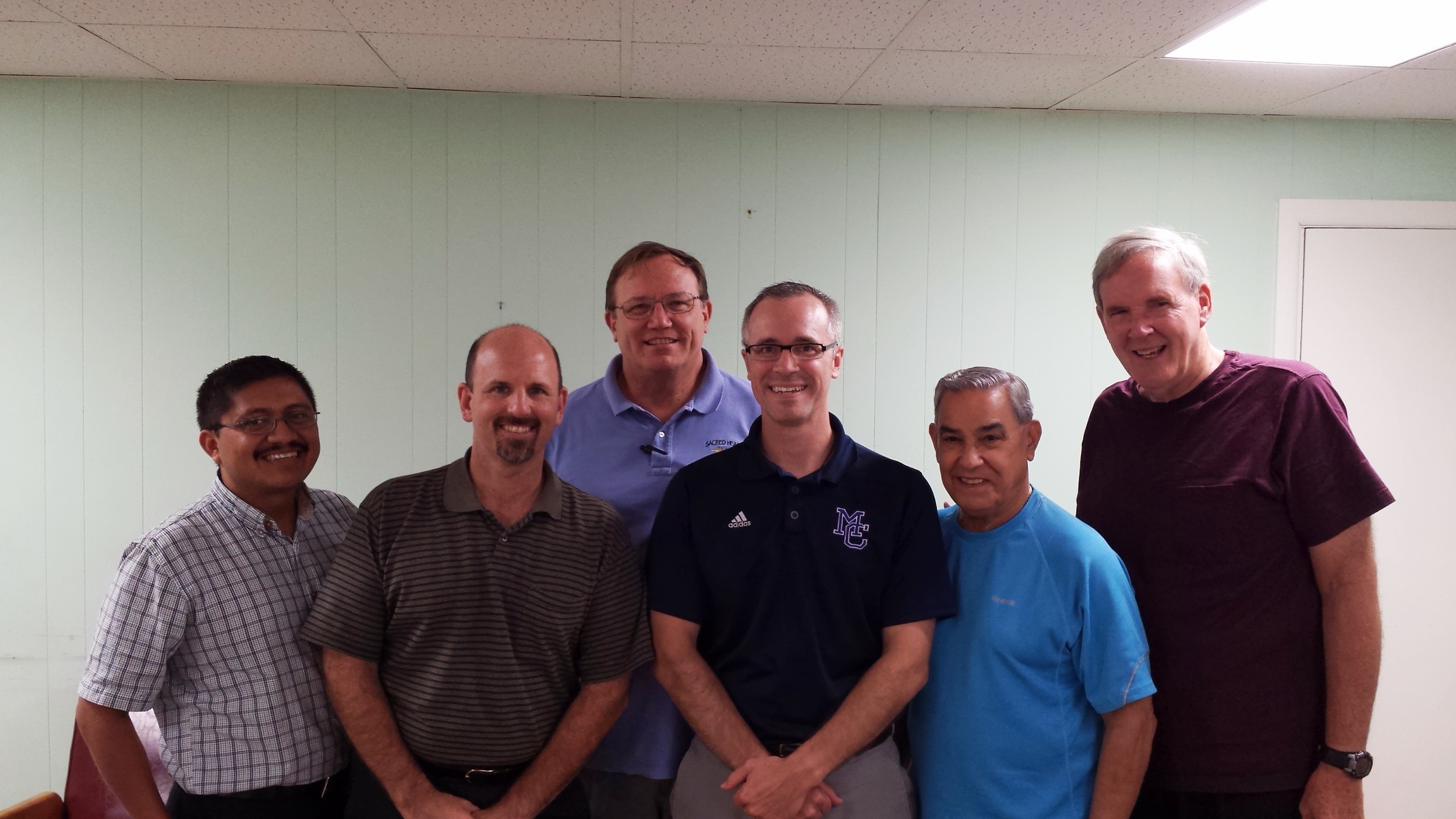The scene was intimidating enough- a huge conference table with ten folks on one side and one job candidate on the other side. Like speed dating, the interviewers fired question after question at the candidate. Finally, THE question that was on my page came due-
"Can you tell us about your own personal use of technology?"
The answer was telling. All of his cards were laid bare on the table as it became clear that he was not (yet) a true digital leader. He said with the slightest grimace on his face, "Well, I have an iPhone... I have some apps... I like computers." And on it went.
Candidate Joe was a good guy. He did have an iPhone and did answer as best as he could. The issue was whether he was a deeply inspired digital leader. He wasn't.
How do you know if you are (or are becoming) a digital school leader? Here are some signs:
- You are truly mobile. This is true if you need to charge your phone in the afternoon- a sign that you use your smartphone (you have one right?) a lot.
- You embrace social media. You Tweet, use Google Plus, get Instagram, and understand the value of the new culture of sharing. (you can follow me on all of these here)
- You collaborate online. My team uses Asana but you can also use Slack or even Nozbe. The key is in cutting down on email and working with a team via shared documents or virtual meetings.
- You use a digital task manager. I like Nozbe and Todoist the best but it really doesn't matter- find one you like and use it every single day. Paper is great but when you manage 20-30 projects at a time, digital is the way to go.
- You respect email. Responding to email within 24 hours is something you take very, very seriously. I like Gmail and Airmail for Mac.
So with these in mind, are you a digital leader? If not, can you choose one of the five signs and dive in within the next 24 hours?
*photo courtesy of FDP





